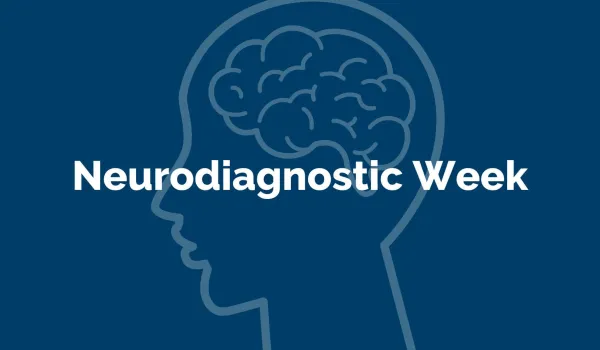Concorde Staff

Research shows that investing in higher education has never been a smarter decision. As the job market becomes more competitive, those with advanced health care training will undoubtedly have a leg up. That makes choosing a career college all the more important.
From community colleges, four-year institutions, career colleges, and online options, choosing where you'll go to school can seem more overwhelming than selecting a flavor of ice cream at the grocery store.
Not sure where to start? We're here to help!
Nick Ferlisi, Director of Admission at our Concorde Tampa campus, shares some of his insights and experience in guiding students through the process of confidently choosing their path.
What should I ask myself before choosing a career college?
Ferlisi encourages students to start with questions like,
- What type of learning environment do I personally learn best - hands-on or from a textbook?
- Do I prefer a smaller, more intimate learning environment, or larger auditorium-style classes?
- Are my schedule and personality suited for an online learning environment? Is that available for my degree?
"Once a student knows what he/she is looking for they should begin narrowing schools that best fit their learning style," said Ferlisi.
Sometimes, even asking those pointed questions, a student might not know. And that's OK, too!
There's no harm in meeting with several different admission representatives to get a better feel for where you'd fit in, both academically and socially.
Ferlisi points out that what students initially gravitate toward might not always be the best option. "It's easy to get pressure from family and friends about a particular choice. Students should remember that this is a big investment that requires time, research and knowing one's self," he said.
So, I've scheduled a tour. What types of things should I take note of during my time on campus?
"While on tour students should look at the learning environment," said Ferlisi. "They should speak with an instructor or program director to understand what the environment is like from an educator's perspective."
Additionally, he suggests "paying careful attention to cleanliness, equipment, size of classes and labs. Ask to see graduation and placement rates, as this is often a correlation to how good of a job the school does preparing students for their desired careers."
Do most people bring someone with them on the tour?
"Yes! It is important to know going back to school often affects more than just the student. If there are children, parents, or a significant other, they should be consulted," said Ferlisi. "I recommend bringing those that will be most affected by your decision to go back to school in with you for the initial visit."
He feels it's important to provide others with the platform to discuss family needs and impact or ask questions that you might not have thought of at the time.
What if there's something I'm concerned about or don't like?
At Concorde, we want you to ask questions!
"The career planning process with an Admissions Representative the best thing is for prospective students to be upfront with their concern and ask any questions they may have," he said.
Since the career college model isn't something people are always familiar with, we know there will be a whole host of questions.
Ferlisi finds that "Once a prospective student or loved one tour the campus, learns about the program, resources, job placement assistance, tutoring, and all the other help provided to students at Concorde they usually determine it is a much better fit than the other options."
Why do students ultimately choose Concorde?
"We have programs designed to provide students the skills necessary to enter their career field successfully," he said. "Our learning environment is a comfortable one for most students, with hands-on learning from instructors with real-world experience."
"Students find the career-based curriculum keeps them engaged and enables them to become proficient. This, coupled with dedicated staff, is the main reason we continuously maintain high graduation and placement rates."
Don't just take it from us! Check out this recent blog, Why I Chose Concorde, for snippets from students on their first day of orientation.

Take The Next Step Towards a Brighter Future
We have a Concorde representative ready to talk about what matters most to you. Get answers about start dates, curriculum, financial aid, scholarships and more!



